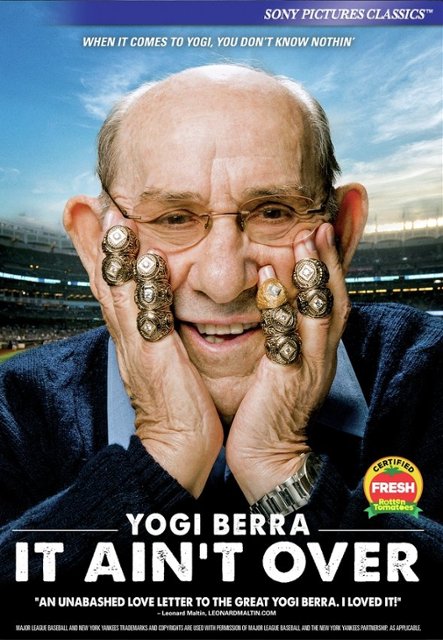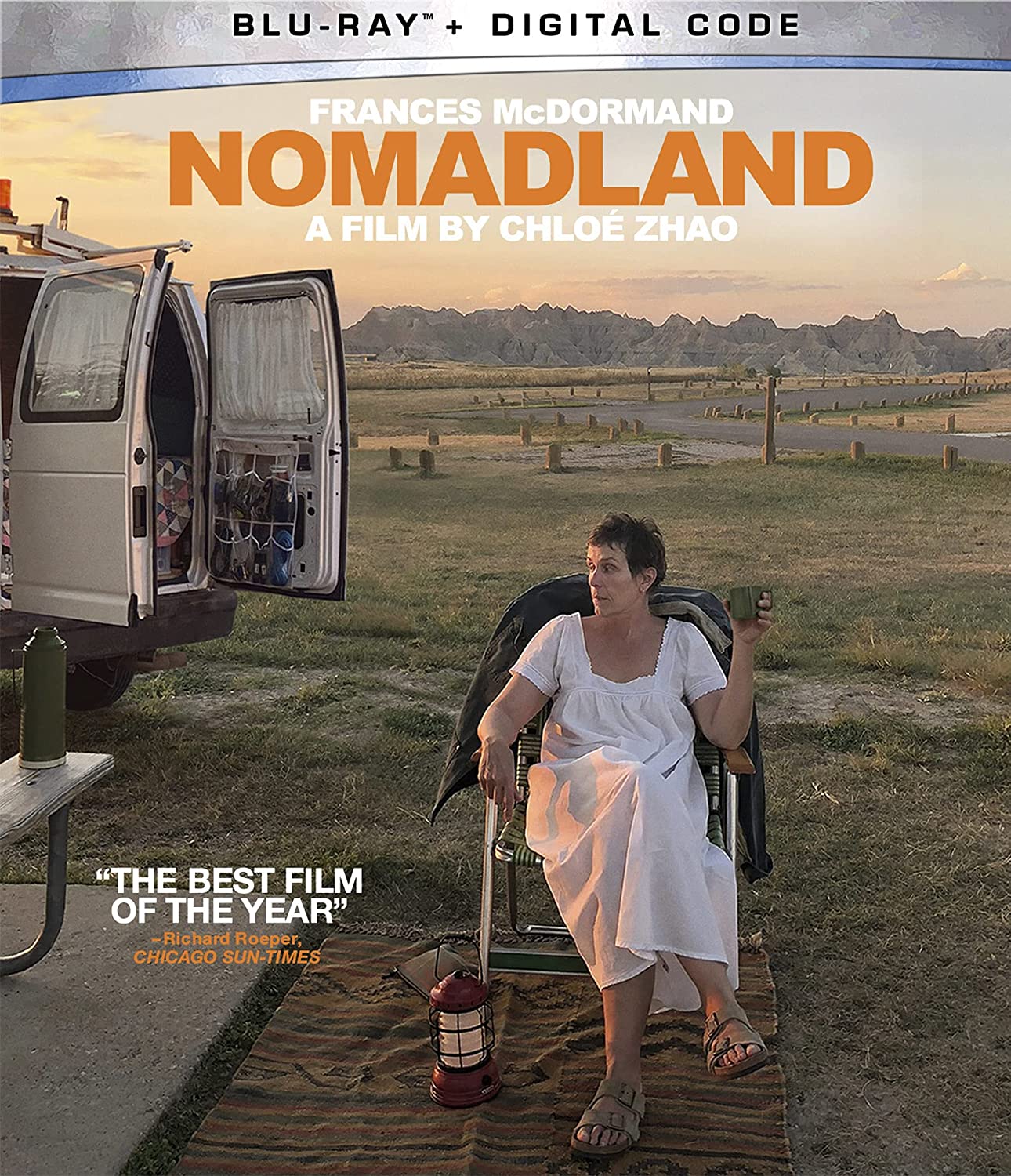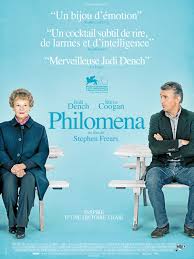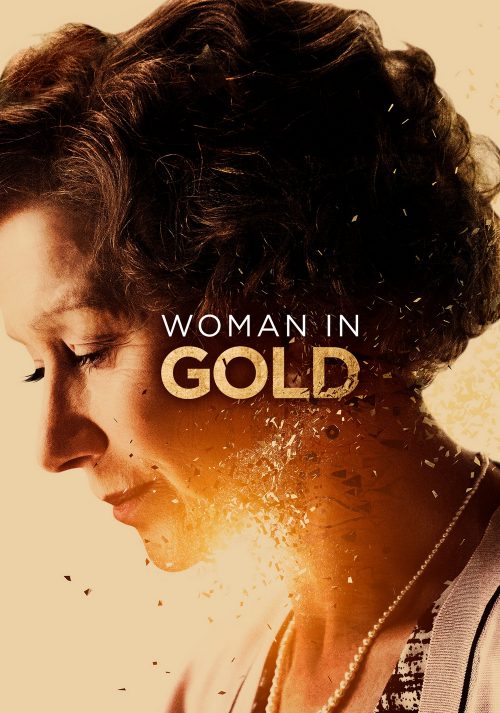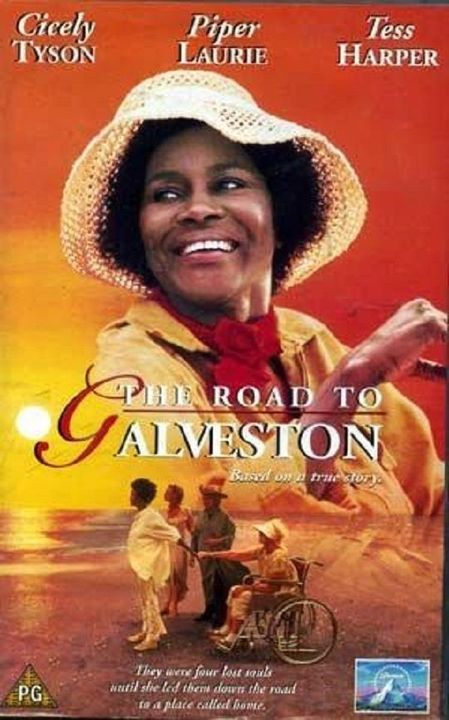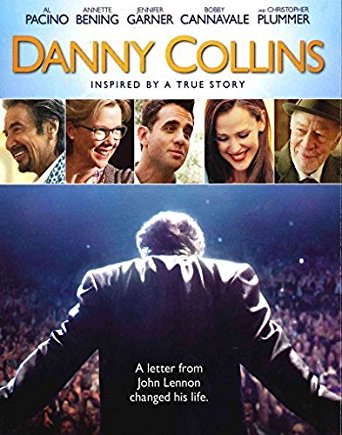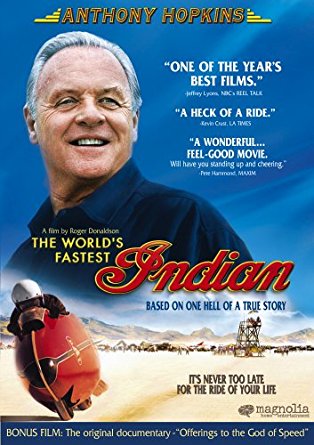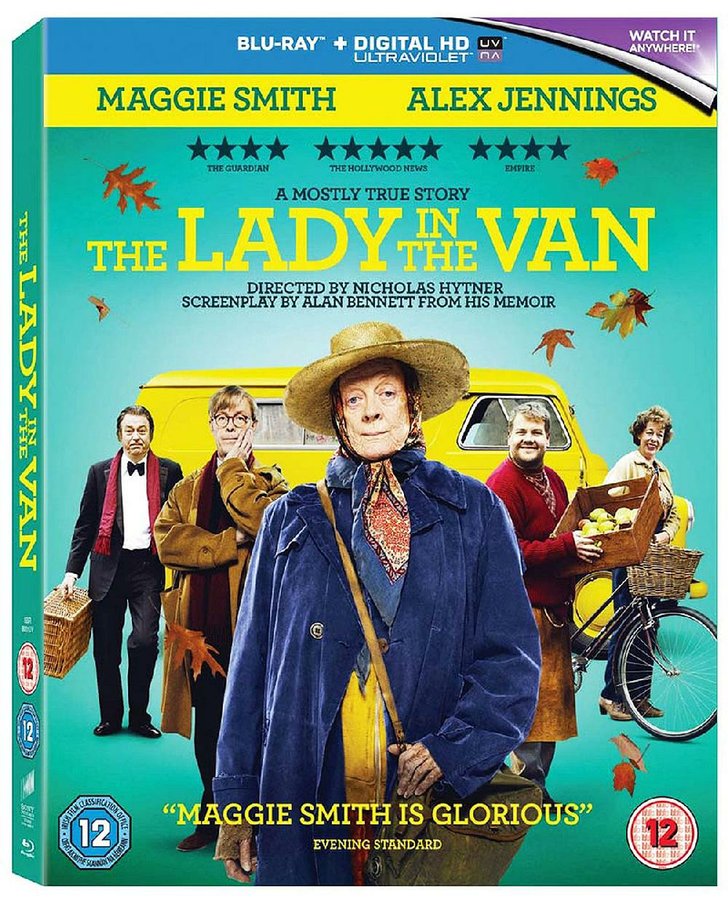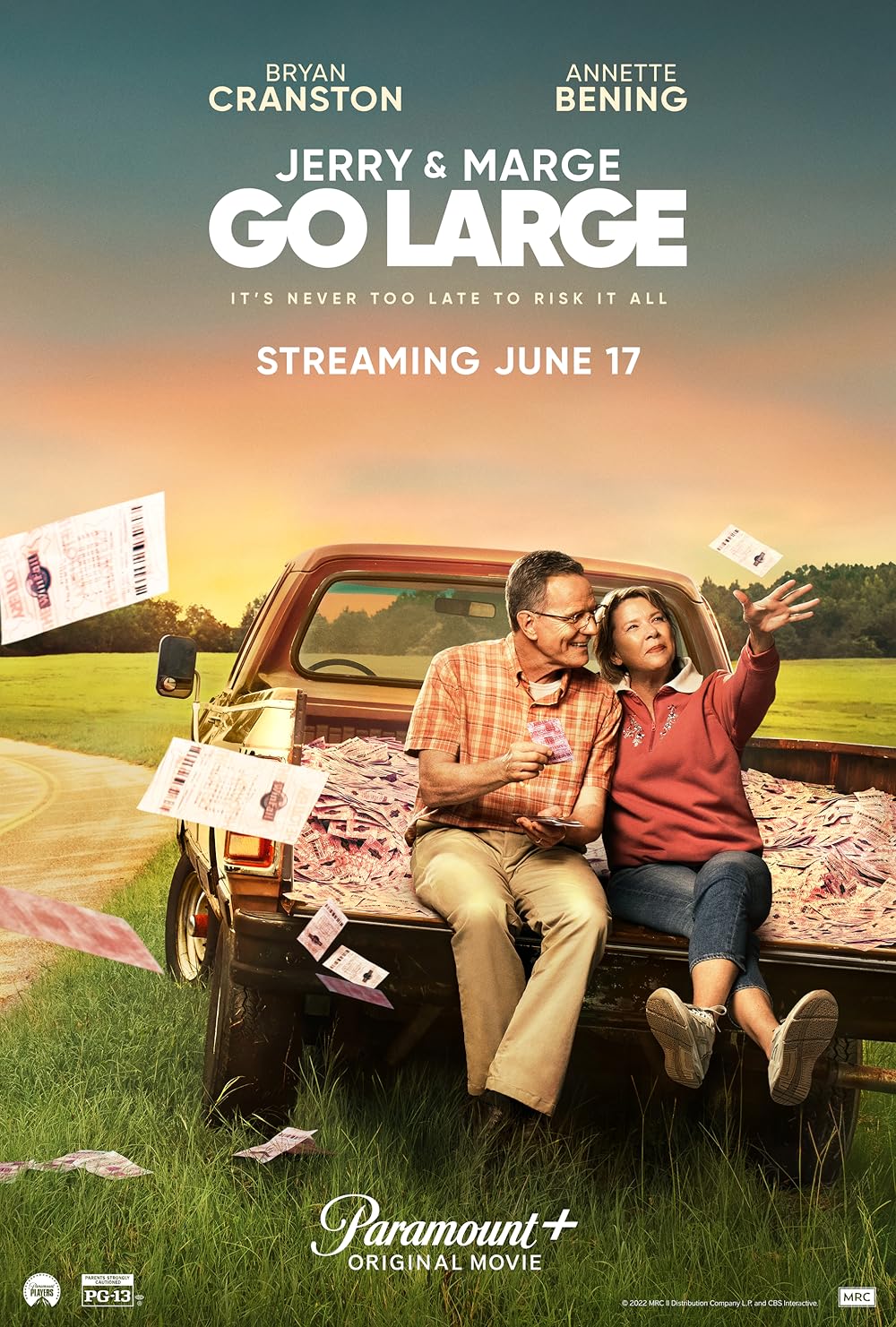
2022, USA, 96 min.
Since retiring, Jerry (Bryan Cranston) faces a string of endless days in his small Michigan town. During one, he reads the tiny print of a lottery game. Jerry, a math whiz, is stunned by his calculations. If he buys a certain number of tickets, he’s guaranteed to win and the more he spends, the more he gets. When his wife, Marge (Annette Bening), learns Jerry has been (successfully) testing his theory, she’s all in. “Let’s be stupid,” she says. “We need something for us.” The pair make regular road trips to buy tickets in Massachusetts, first for themselves, and then for seemingly the entire town in what becomes a lucrative investment strategy. But will the success last? What elevates Jerry and Marge Go Large beyond its “did-this-really-happen?” story line are Cranston and Bening’s winning performances as the long-married couple that find their second wind by throwing caution to it. Touching and authentic, the movie (based on a true story) never cheapens its characters or their journey.

